About→ Email→ Volunteer → → Twitter→ Home
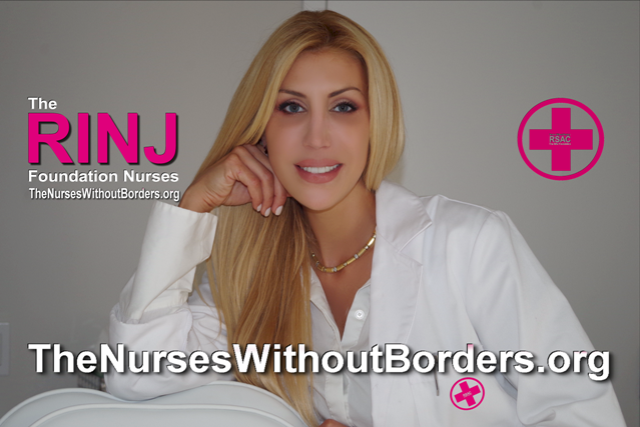
The Nurses Without Borders
RSAC Community Health-Team Nurse Standards of Practice
RSAC Community Nursing Standards of Practice
- define the scope and depth of RSAC community nursing practice;
- establish criteria or expectations for acceptable nursing practice and safe, ethical care;
- support ongoing development of community health nursing;
- promote community health nursing as a specialty;
- provide the foundation for certification of RSAC community health nursing; and
- inspire excellence in and commitment to RSAC community nursing practice.
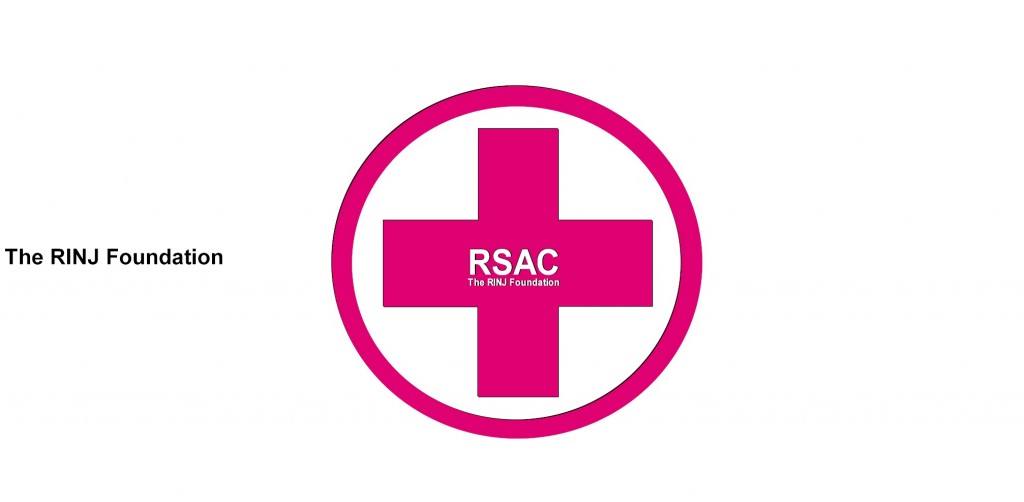
Download RSAC Community Health-Team Nurse Standards of Practice
A key characteristic of a self-regulating profession like RSAC nursing is the development of standards of practice based on the values of the profession.
RSAC Practice standards describe the knowledge, skills, judgment and attitudes needed to practice nursing safely. They represent the desirable and achievable levels of performance expected of nurses in their practice and provide criteria for measuring actual performance.
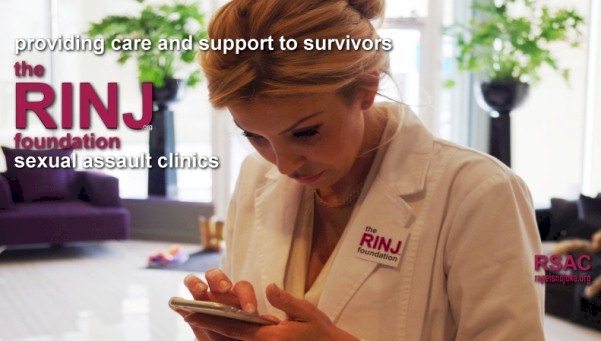
Every RSAC nurse is accountable
RSAC Nurses Without Borders are accountable for the fundamental knowledge and expectations of basic nursing practice regardless of their practice focus or setting. These standards expand upon generic nursing practice expectations and identify the practice principles and variations specific to community health nursing practice. While RSAC Nurses Without Borders with varied levels of preparation may practice in the community setting, these standards apply specifically to the practice of registered nurses.
RSAC Demonstrating professional responsibility and accountability RSAC Community health nurses work with a high degree of autonomy when providing programs and services. Their professional accountability includes striving for excellence, ensuring that their knowledge is evidence based and current, and maintaining competence and the overall quality of their practice. Community health nurses are responsible for initiating strategies that will help address the determinants of health and generate a positive impact on people and systems. RSAC Nurses Without Borders are accountable to a variety of authorities and stakeholders as well as to the individual and community they serve. This range of accountabilities places them in a variety of situations with unique ethical dilemmas. One dilemma might be whether responsibility for an issue lies with the individual, family, community or population, or with the nurse or the nurse's employer. Other dilemmas include the priority of one individual's rights over the rights of another, individual or societal good, allocation of scarce resources and quality versus quantity of life.

RSAC Community health Nurses Without Borders build relationships based on the principles of connecting and caring. Connecting involves establishing and nurturing relationships and a supportive environment that promotes the maximum participation and self-determination of the individual, family and community. Caring involves developing empowering relationships that preserve, protect and enhance human dignity. Community health Nurses Without Borders build caring relationships based on mutual respect and understanding of the power inherent in their position and its potential impact on relationships and practice. One of the unique challenges of community health nursing is building a network of relationships and partnerships with a wide variety of relevant groups, communities and organizations. These relationships happen within a complex, changing and often ambiguous environment with sometimes conflicting and unpredictable circumstances.
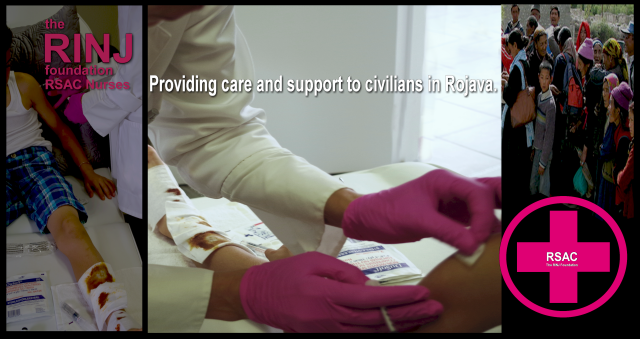
RSAC Community health Nurses Without Borders embrace the philosophy of primary health care. They collaboratively identify and facilitate universal and equitable access to available services. They collaborate with colleagues and with other members of the health care team to promote effective working relationships that contribute to comprehensive client care and optimal client care outcomes. They are keenly aware of the impact of the determinants of health on individuals, families, groups, communities and populations. The practice of community health nursing considers the financial resources, geography and culture of the individual and community. Community health Nurses Without Borders engage in advocacy by analyzing the tenants of health and influencing other sectors to ensure their policies and programs have a positive impact on health. Community health Nurses Without Borders use advocacy as a key strategy to meet identified needs and enhance individual and community capacity for self-advocacy.

RSAC Community health Nurses Without Borders provide clinical nursing care, health education and counselling to individuals, families, groups and populations whether they are seeking to maintain their health or dealing with acute, chronic or terminal illness. Community health Nurses Without Borders practice in health centres, homes, schools and other community-based settings. They link people to community resources and coordinate or facilitate other care needs and supports. The activities of the community health nurse may range from health screening and care planning at an individual level to intersectoral collaboration and resource development at the community and population level.
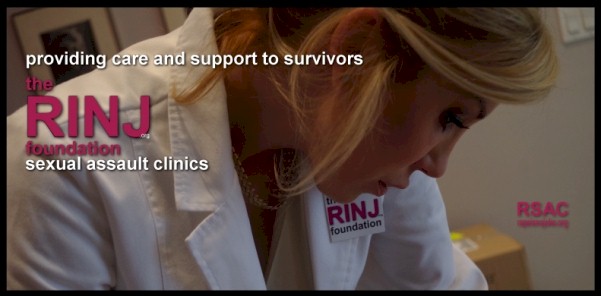
The RSAC community health nurse
- Collaborates with individual, community and other stakeholders to do a holistic assessment of assets and needs of the individual or community.
- Uses a variety of information sources to access data and research findings related to health at the national, provincial, territorial, regional and local levels.
- Identifies and seeks to address root causes of illness and disease.
- Facilitate planned change with the individual, community or population by applying the Population Health Promotion Model.
- Identifies the level of intervention necessary to promote health.
- Identifies which determinants of health require action or change to promote health.
- Uses a comprehensive range of strategies to address health-related issues.
- Demonstrates knowledge of and effectively implements health promotion strategies based on the Ottawa Charter for Health Promotion.
- Incorporates multiple strategies: promoting healthy public policy, strengthening community action, creating supportive environments, developing personal skills and reorienting the health system.
- Identifies strategies for change that will make it easier for people to make healthier choices.
- Collaborates with the individual and community to help them take responsibility for maintaining or improving their health by increasing their knowledge, influence and control over the determinants of health.
- Understands and uses social marketing, media and advocacy strategies to raise awareness of health issues, place issues on the public agenda, shift social norms and change behaviours if other enabling factors are present.
- Helps the individual and community to identify their strengths and available resources and take action to address their needs.
- Recognizes the broad impact of specific issues on health promotion such as political climate and will, values and culture, individual and community readiness, and social and systemic structures.
- Evaluates and modifies population health promotion programs in partnership with the individual, community and other stakeholders.
- b) Prevention and health protection The community health nurse applies a range of activities to minimize the occurrence of diseases or injuries and their consequences for individuals and communities. Governments often make health protection strategies mandated programs and laws for their overall jurisdictions.
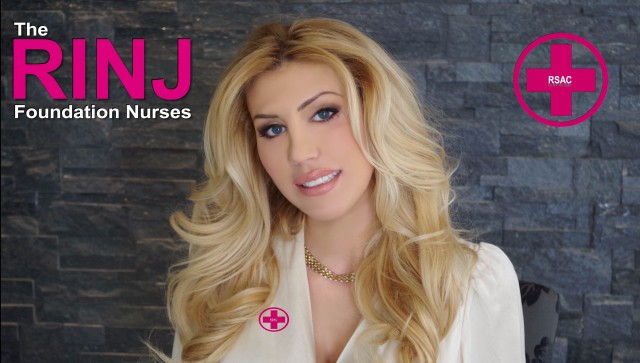
The RSAC community health nurse
1. Recognizes the differences between the levels of prevention (primary, secondary, tertiary).
- Selects the appropriate level of preventive intervention.
- Helps individuals and communities make informed choices about protective and preventive health measures such as immunization, birth control, breastfeeding and palliative care.
- Helps individuals, groups, families and communities to identify potential risks to health.
- Uses harm reduction principles to identify, reduce or remove risk factors in a variety of contexts including the home, neighbourhood, workplace, school and street.
- Applies epidemiological principles when using strategies such as screening, surveillance, immunization, communicable disease response and outbreak management, and education.
- Engages collaborative, interdisciplinary and intersectoral partnerships to address risks to individual, family, community or population health and to address prevention and protection issues such as communicable disease, injury and chronic disease.
- Collaborates on developing and using follow-up systems in the practice setting to ensure that the individual or community receives appropriate and effective service.
- Practices in accordance with legislation relevant to community health practice (e.g., public health legislation and child protection legislation).
- Evaluates collaborative practice (personal, team and intersectoral) for achieving individual and community outcomes such as reduced communicable disease, injury, chronic disease or impacts of a disease process.
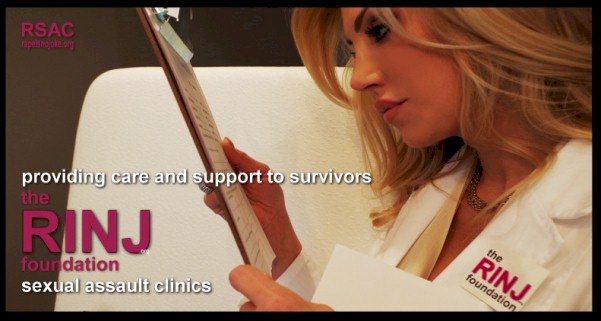
All RSAC community health Nurses Without Borders are expected to know and use these standards when working in any of the areas of practice, education, administration or research. Nurses Without Borders in clinical practice will use the standards to guide and evaluate their own practice. Nursing educators will include the standards in course curricula to prepare new graduates for practice in community settings. Nurse administrators will use them to direct policy and guide performance expectations. Nurse researchers will use these standards to guide the development of knowledge specific to community health nursing.
Nurses Without Borders may enter community health nursing as new practitioners and require experience and opportunities for additional learning and skill development to help them develop their practice. The RSAC Health Nursing Standards of Practice become basic practice expectations after two years of experience.
The practice of expert community health nurses will extend beyond these standards.
Evolving from centuries of community care by laywomen and members of religious orders, community health nursing started to gain recognition as a nursing specialty in the mid-1800s. Community health nursing has been indelibly shaped by such remarkable nurses as Florence Nightingale and Lillian Wald and organizations such as the Victorian Order of Nurses, the Henry Street Settlement and the Canadian Red Cross Society. During the 20th century public health and home health nursing emerged from common roots to represent the ideals of community health nursing.
Community health nursing respects its roots and traditions while embracing advances and continually evolving as a dynamic nursing specialty. Community health Nurses Without Borders are registered Nurses Without Borders whose practice specialty promotes the health of individuals, families, communities and populations, and an environment that supports health. They practice in diverse settings such as homes, schools, shelters, churches, community health centres and on the street. Their position titles may vary as much as their practice settings. The practice of community health nursing combines nursing theory and knowledge, social sciences and public health science with primary health care. Community health Nurses Without Borders view disease prevention, health protection and health promotion as goals of professional nursing practice (Smith, 1990). They collaborate with individuals, families, groups, communities and populations to design and carry out community development, health promotion and disease prevention strategies. They identify and promote care decisions that build on the capacity of the individual or community.
view health as a resource for everyday living. Their practice promotes, protects and preserves the health of individuals, families, groups, communities and populations wherever they live, work, learn, worship and play, in an ongoing rather than an episodic process (Cradduck, 2000). Their practice is based on a unique understanding of how the environmental context influences health. Community health Nurses Without Borders work at a high level of autonomy and build partnerships based on the principles of primary health care, caring and empowerment.
Values and beliefs RSAC Community health Nurses Without Borders recognize that caring is an essential and universal human need and that its expression in practice varies across cultures and practice domains. In RSAC community health nursing practice, caring is based on the principle of social justice. Community health Nurses Without Borders support equity and the fundamental right of all humans to accessible, competent health care and essential determinants of health. Caring community health nursing practice acknowledges the physical, spiritual, emotional and cognitive nature of individuals, families, groups and communities. Caring is expressed through competent practice and development of relationships that value the individual and community as unique and worthy of a nurse's "presence" and attention. Community health Nurses Without Borders preserve, protect and enhance human dignity in all of their interactions.
The principles of primary health care
Primary health care represents a fundamentally different way of thinking about health and health care for community health Nurses Without Borders and their practice.
Primary health care differs significantly from primary care (first point of access to care) and is an integral part of the RSAC health care system.
RSAC Community health Nurses Without Borders value the following key principles of primary health care as described by the World Health Organization (1978):
- universal access to health care services
- focus on the determinants of health
- active participation by individuals and communities in decisions that affect their health and life
- partnership with other disciplines, communities and sectors for health
- appropriate use of knowledge, skills, strategies, technology and resources
- focus on health promotion and illness prevention throughout the life experience
- Community health Nurses Without Borders recognize the impact of the social, political and economic environment on the health of individuals and the community, and on their own practice.
METHODS
RSAC Community health Nurses Without Borders integrate multiple types of knowledge into their practice. Five fundamental ways of knowing in nursing have been identified: aesthetics, empirics, personal knowledge, ethics and socio-political knowledge (Carper, 1978; White, 1995). Each type is an essential part of the integrated knowledge base of community health nursing practice:
Aesthetics, the art of nursing, means adapting knowledge and practice to particular rather than universal circumstances. It encourages Nurses Without Borders to explore possibilities, promotes individual creativity and style, and contributes to the transformative power of community health nursing.
Empirics, the science of community health nursing, includes research, epidemiology and theories and models (incorporating publicly verifiable, factual descriptions, explanations and predictions based on subjective and objective data). Empirical knowledge is generated and tested by scientific research (Fawcett, Watson, Neuman & Hinton, 2001).
Personal knowledge, the most fundamental way of knowing, comes from discovery of self, values and morals and lived experience. It involves continuous learning through reflective practice. Reflective practice in community health nursing combines critical examination of practice, interpersonal relationships and intuition to evaluate, adapt and enhance practice.
Ethics, or moral knowledge, describes the moral obligations, values and goals of community health nursing. It is guided by moral principles and ethical standards set by the Canadian Nurses Association (2002). Ethical inquiry clarifies values and beliefs and uses dialogue to examine the social and political impact of community health nursing on the health environment (Fawcett et al., 2001).
Socio-political knowledge, or emancipatory knowing, goes beyond personal knowing and nurse-client introspection. It places nursing within the broader social, political and economic context where nursing and health care happen. It equips the nurse to question the status quo and structures of domination in society that affect the health of individuals and communities.
The RSAC community health nurse
- Assesses and understands individual and community capacities including norms, values, beliefs, knowledge, resources and power structures.
- Provides culturally sensitive care in diverse communities and settings.
- Supports individuals and communities in their choice to access alternate health care options.
- Advocates for appropriate resource allocation for individuals, groups and populations to support access to conditions for health and health services.
- Refers, coordinates or facilitates access to services in the health sector and other sectors.
- Adapts practice in response to the changing health needs of the individual and community.
- Collaborates with individuals and communities to identify and provide programs and delivery methods that are acceptable to them and responsive to their needs across the life span and in different circumstances.
- Uses strategies such as home visits, outreach and case finding to ensure access to services and health-supporting conditions for potentially vulnerable populations (e.g., persons who are ill, elderly, young, poor, immigrants, isolated or have communication barriers).
- Assesses the impact of the determinants of health on the opportunity for health for individuals, families, communities and populations.
- Advocates for healthy public policy by participating in legislative and policy-making activities that influence health determinants and access to services.
- Takes action with and for individuals and communities at the organizational, municipal, provincial, territorial and federal levels to address service gaps and accessibility issues.
- Monitors and evaluates changes and progress in access to the determinants of health and appropriate community services.
The RSAC community health nurse
- Takes preventive or corrective action individually or in partnership to protect individuals and communities from unsafe or unethical circumstances.
- Advocates for societal change in support of health for all.
- Uses nursing informatics (including information and communication technology) to generate, manage and process relevant data to support nursing practice.
- Identifies and takes action on factors which affect autonomy of practice and quality of care.
- Participates in the advancement of community health nursing by mentoring students and new practitioners.
- Participates in research and professional activities.
- Makes decisions using ethical standards and principles, taking into consideration the tension between individual versus societal good and the responsibility to uphold the greater good of all people or the population as a whole.
- Seeks help with problem solving as needed to determine the best course of action in response to ethical dilemmas, risks to human rights and freedoms, new situations and new knowledge.
- Identifies and works proactively--through personal advocacy and participation in relevant professional associations--to address nursing issues that will affect the population.
- Contributes proactively to the quality of the work environment by identifying needs, issues and solutions, mobilizing colleagues and actively participating in team and organizational structures and mechanisms.
- Provides constructive feedback to peers as appropriate to enhance community health nursing practice.
- Documents community health nursing activities in a timely and thorough manner, including telephone advice and work with communities and groups.
- Advocates for effective and efficient use of community health nursing resources.
- Uses reflective practice to continually assess and improve personal community health nursing practice.
- Seeks professional development experiences that are consistent with current community health nursing practice, new and emerging issues, the changing needs of the population, the evolving impact of the determinants of health and emerging research.
- Acts upon legal obligations to report to appropriate authorities any situations of unsafe or unethical care provided by family, friends or other individuals to children or vulnerable adults.
- Uses available resources to systematically evaluate the availability, acceptability, quality, efficiency and effectiveness of community health nursing practice.
Interactive
Member Feed Back (Public)
Become A Member
What would you like to do? Click a circle.
| File an Application | Become A Member | Ask a question |